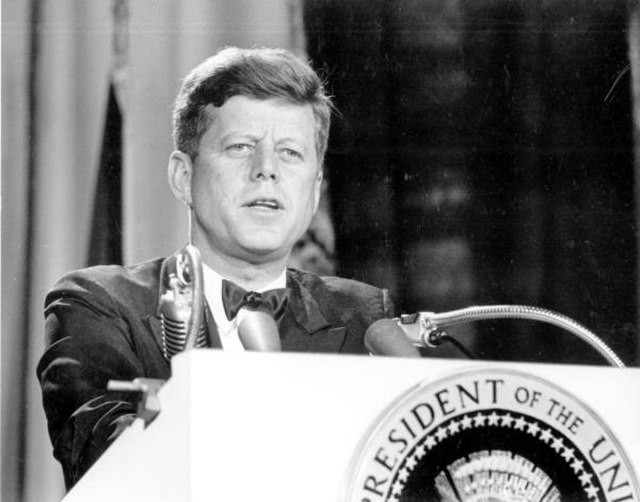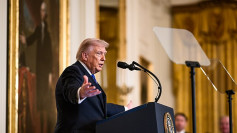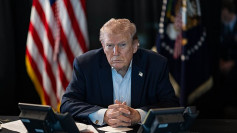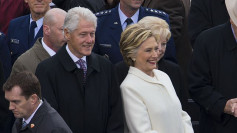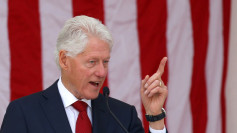The U.S. National Archives released more than 63,000 pages of previously classified documents related to the 1963 assassination of President John F. Kennedy on Tuesday, following a directive from former President Donald Trump. The release includes thousands of pages without the redactions that have long fueled conspiracy theories and frustrated historians.
The records, published in digital format on the National Archives website, include approximately 2,200 newly available files. Though much of the 6 million-page collection had been disclosed in previous decades, this latest release is among the most substantial, lifting secrecy on information related to intelligence operations and investigations surrounding Kennedy's death.
President Trump, speaking Monday during a visit to the John F. Kennedy Center for the Performing Arts, said, "So people have been waiting decades for this, and I've instructed my people that are responsible, lots of different people, put together by [Director of National Intelligence] Tulsi Gabbard, and that's going to be released tomorrow." Trump added, "We have a tremendous amount of paper. You've got a lot of reading."
Historians and analysts reacted cautiously. Larry J. Sabato, director of the University of Virginia Center for Politics and author of The Kennedy Half-Century, said the files would take time to comb through. "We have a lot of work to do for a long time to come, and people just have to accept that," Sabato noted. He also highlighted that many documents his team has sought remain heavily redacted, stating, "There must be something really, really sensitive for them to redact a paragraph or a page or multiple pages in a document like that."
Among the newly released documents is a CIA memo from November 1991, in which a KGB officer in St. Petersburg reportedly confirmed that Lee Harvey Oswald, Kennedy's assassin, was closely monitored during his time in the Soviet Union but was not under KGB control. The memo read that The KGB official had reviewed "five thick volumes" of files on Oswald and was "confident that Oswald was at no time an agent controlled by the KGB."
Jefferson Morley, vice president of the Mary Ferrell Foundation, which archives JFK assassination records, called the release "an encouraging start," posting on X that much of the "rampant overclassification of trivial information has been eliminated" from the documents. However, he also pointed out that two-thirds of the expected documents, including 500 IRS records and newly discovered FBI files, remain withheld.
The assassination of Kennedy on November 22, 1963, as his motorcade traveled through Dealey Plaza in Dallas, has remained a subject of intense scrutiny and conspiracy theories. Lee Harvey Oswald, a former Marine who defected to the Soviet Union before returning to the U.S., was arrested shortly after the shooting but was killed two days later by nightclub owner Jack Ruby.
The Warren Commission, established by President Lyndon B. Johnson, concluded in 1964 that Oswald acted alone and found no evidence of a conspiracy. Still, alternative theories involving the mafia, Soviet intelligence, or U.S. agencies have persisted for decades.
The newly released documents also contain records discussing Oswald's activities during a 1963 trip to Mexico City, where he visited Cuban and Soviet embassies just weeks before the assassination. Other files delve into Cold War-era intelligence operations, including a Department of Defense assessment on Cuba from 1963, which states, "It appears more likely that Castro might intensify his support of subversive forces in Latin America," while ruling out a direct Cuban provocation that could lead to war with the United States.
Trump initially promised in 2017 to release all remaining assassination records but withheld some, citing national security concerns. Additional files were later released during President Joe Biden's administration, though key documents continued to be restricted.
Tulsi Gabbard, serving as director of national intelligence under Trump, stated on X, "President Trump is ushering in a new era of maximum transparency."
Trump's decision follows previous disclosures, including three document releases in 2017 during his first term. At that time, a 1975 CIA memo was made public, asserting that Oswald had no known connection to the intelligence agency.
